- Your cart is empty
- Continue Shopping
₹159.67
Uses of Cytogard Tablet
- Angina (heart-related chest pain)
- Heart failure
Introduction of Cytogard Tablet
Cytogard Tablet is an anti-anginal medicine used for treating heart-related chest pain (angina). It prevents new attacks of angina but does not stop an acute attack once it has started. It can be used alone or in combination with some other medicines.
Cytogard Tablet should be taken regularly as advised by the doctor. You should take it with or without food and at a fixed time. Your doctor will decide how often you should take this medicine. This may change from time to time depending on how well it is working. You should take this medicine regularly to get the most benefit, even if you feel fine.
It helps in preventing future harm. If you stop taking it, your chest pain may come back. You can improve the health of your heart by making some lifestyle changes such as quitting smoking, cutting down on alcohol, eating well, taking regular exercise, and managing stress.
Some common side effects of this medicine include dizziness, headache, abdominal pain, diarrhea, indigestion, nausea, vomiting, rash, itching, hives, and weakness. Talk to your doctor if these effects bother you or do not go away.
This medicine may not be suitable for some people. You must inform the doctor if you are suffering from any liver or kidney disease. Also, let your doctor know if you are pregnant or breastfeeding and about all the other medications that you are taking regularly.
Side effects of Cytogard Tablet
Common side effects of Cytogard
- Dizziness
- Headache
- Nausea
- Vomiting
- Weakness
- Rash
- Abdominal pain
- Indigestion
- Itching
- Diarrhea
- Hives
How to use Cytogard Tablet
How Cytogard Tablet works
Safety advice
Alcohol
Pregnancy
Breast feeding
Driving
Kidney
Liver


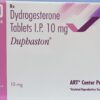

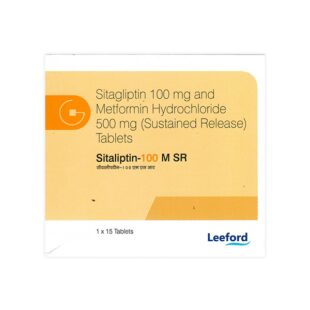
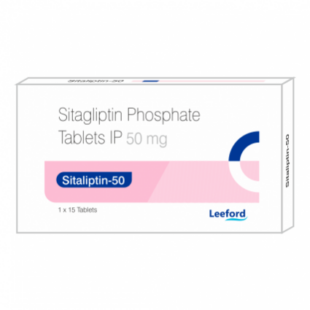
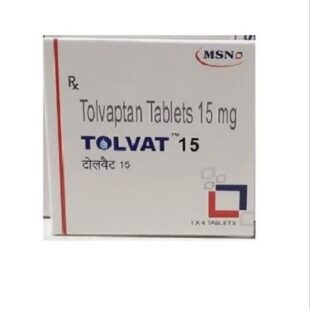
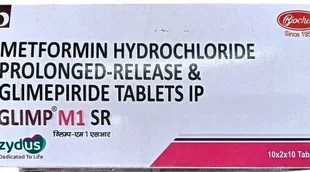
Reviews
There are no reviews yet.